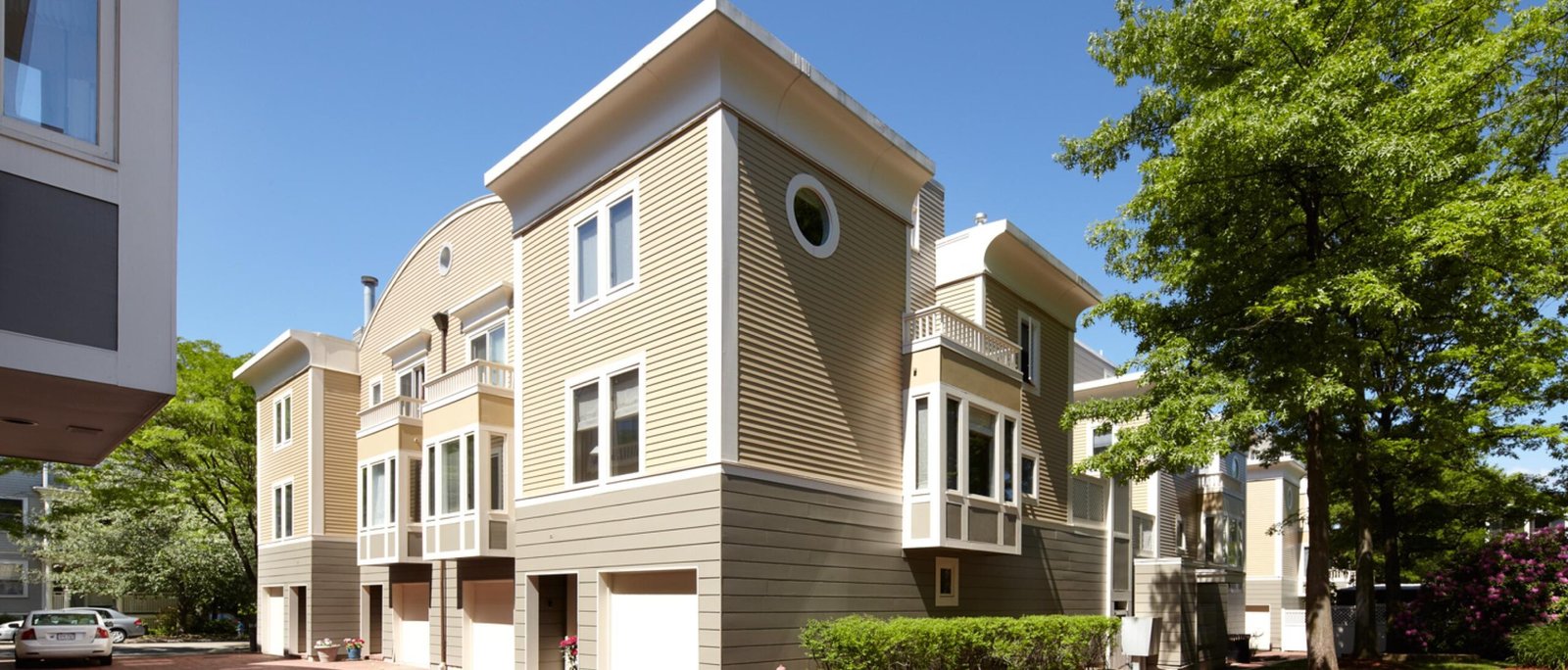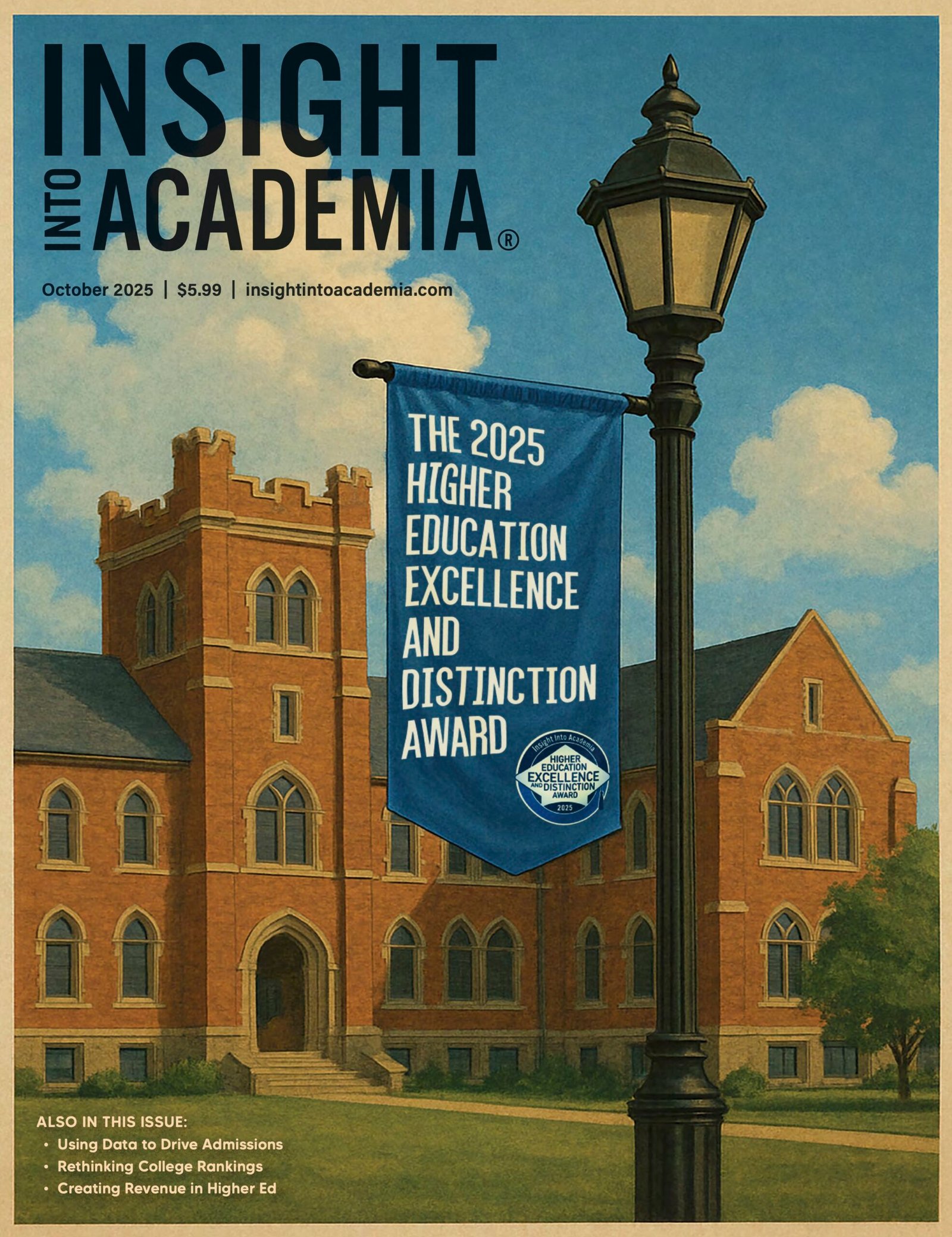Harvard University, in partnership with the City of Boston, is ramping up its efforts to address housing availability and affordability by building and funding new homes, particularly in the nearby neighborhood of Allston. As the university’s footprint in the community grows—with new research hubs, residential units, and commercial spaces—so do concerns about rising costs. In response, Harvard is deepening its investment in local housing initiatives by contributing land, funding, and resources to create more affordable options for residents.
Boston Mayor Michelle Wu announced these initiatives at the Harvard Ed Portal in January, emphasizing the city’s commitment to ensuring that the new developments align with sustainability and affordability goals.
“We know that the housing crisis is one of the biggest sources of stress for families in our city, and that’s why every action we need to take creates more housing production and ensures affordability,” Tiffany Chu, Wu’s chief of staff, said at the event.
Several key projects are set to bring new options to the Allston area. The construction of the American Repertory Theater’s new home at 175 North Harvard St. has reached a major milestone, with the facility expected to open in 2026. Adjacent to the site, a residential complex with 276 units designated for Harvard affiliates–including graduate students and employees involved in the university’s research efforts–is also nearing completion.
Meanwhile, the Enterprise Research Campus (ERC), a mixed-use development featuring commercial lab spaces, retail, and more than 340 residential units, is progressing rapidly. Some homes within the ERC are expected to be completed by the summer of 2025, with a commitment that 20 percent of them will be income-restricted.
Beyond its own developments, Harvard is also facilitating the construction of two affordable housing projects by donating land and funding site acquisitions. On Seattle Street, Harvard has provided land to support the construction of 43 affordable condominiums, while at 279 North Harvard Street, the university contributed $4.8 million to secure the site for a 49-unit senior housing complex.
Ongoing Community Negotiations
Harvard’s continued expansion in Allston has led to ongoing negotiations between the university and local residents, who are pushing the university to do more.
In 2016, Harvard agreed to a $25 million, 12-year commitment to support affordable housing as part of the first phase of the ERC project. However, as the university seeks approval for further development, including expansions to its academic and athletic facilities, local advocacy groups are calling for more substantial contributions.
The Harvard Allston Task Force, a city-appointed committee representing neighborhood interests, recently urged the university to bestow more of its unused land holdings to combat rising housing costs.
“We call on Harvard University to take bold and meaningful action by donating a portion of its dormant land holdings in Allston to address Boston’s growing housing crisis and lack of homeownership,” the task force wrote in a letter to Harvard officials.
While the specifics of gifting land remain unclear, Harvard’s long-term commitment to Allston is evident. The university has played a role in enabling the construction of more than 1,300 housing units in the area, with approximately 25% designated as affordable. Additionally, Harvard funds initiatives such as the All Bright Homeownership Program, which supports homeownership stabilization by allowing a local nonprofit to purchase and resell homes with deed restrictions.
A Model for University-Community Partnerships
In addition to Allston, Harvard has been a key contributor to other regional housing efforts, including the Harvard Local Housing Collaborative, which has provided more than $20 million in low-interest loans to buyers since 2000 to help create and preserve over 7,000 affordable units across Greater Boston.
As part of Boston’s broader housing strategy, all new city-funded developments—including those supported by Harvard—must adhere to zero emissions building standards, prioritizing sustainability through the use of electric heating and solar power.
With construction activity at a peak and increased demand for housing in Allston, Harvard’s role remains a critical issue. As negotiations over future developments continue, the university faces mounting pressure from local residents and city officials to expand its contributions. Whether through additional land donations or increased financial commitments, Harvard’s actions in the coming years will play a key role in shaping the future of housing in Allston and beyond.

















